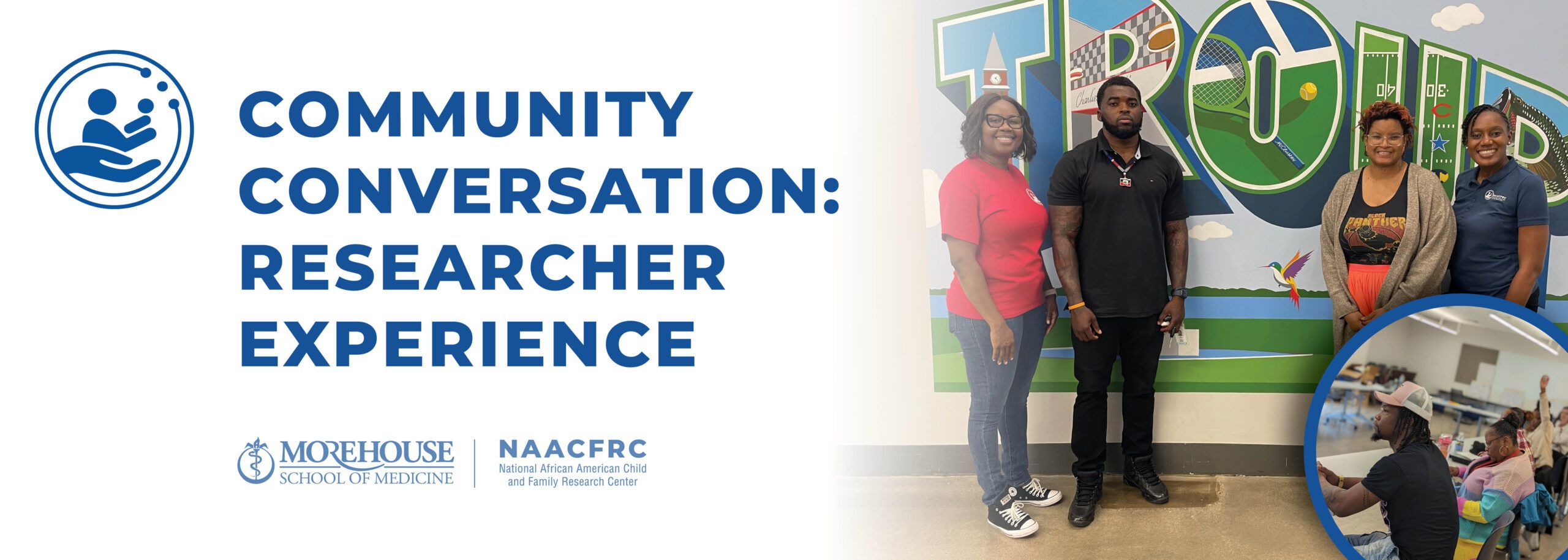Community Conversation: Researcher Experience

By Tandeca King Gordon, Ed.D., MEd
Associate Director, NAACFRC
What is a NAACFRC Community Conversation? Community Conversation is a stage in the research process that is intended to provide support to groups of people with diverse political views, cultural and educational backgrounds, religious views, and lifestyles. It is a social network that provides a framework to move the needle to a more practical approach to address local community challenges. In addition, the Community Conversation can be the initiation of building strong partnerships not just with community members but state and federal organizations.
As Associate Director and Co-Lead for the Head Start Capacity for the National African American Child and Family Research Center (NAACFRC), I was humbled to co-lead the NAACFRC Community Conversations for Georgia and Washington, DC. Before the Conversations, we conducted virtual NAACFRC Listening Sessions in each of the above-mentioned states. Post the Listening Sessions, the NAACFRC analyzed the data and scheduled Community Conversations to present our findings.
The Georgia Community Conversation was held in the city of LaGrange, Troop County. A total of six individuals (state, religious leaders, and community members) participated in the Conversation. They shared views of improving services for low-income residents, health priorities, job needs, and ongoing support and resource needs for the senior population. This group also proposed a plan to share the findings with other community members, and their local and state representatives.
The Community Conversation in Washington, DC had a total of thirteen individuals who participated in the event. Their views focused heavily on childcare assistance and housing challenges within their communities. They also shared ongoing challenges with local organizations that provide limited services to children and families. This group shared their commitment to continue partnering with organizations that will provide support to families and to participate in future community-led discussions to be a voice in their communities.
Overall, this experience has been phenomenal and exciting. Having the opportunity to be a part of community members’ lived experiences was an absolute blessing. The NAACFRC will continue to support and advance the practice, research, and policy communities by providing tools and resources, supporting emerging African-American scholars, and disseminating relevant research to help programs and policies better serve African-American children and families.
